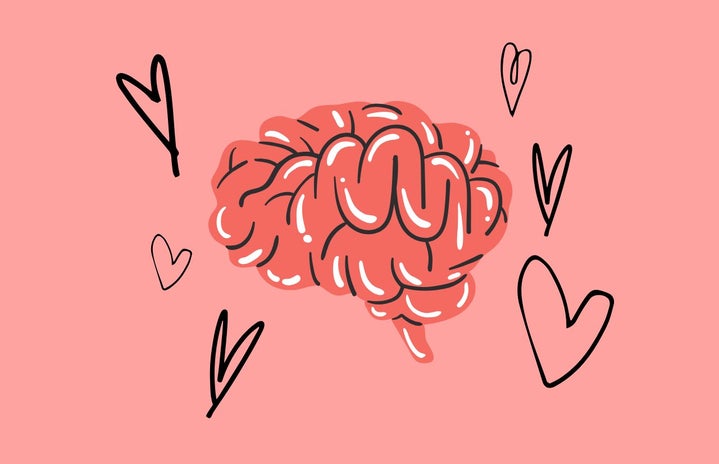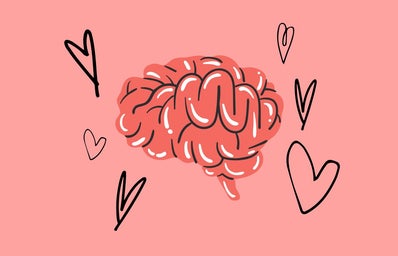Mental illnesses are a wide range of conditions that affect mood, thinking, and behavior. They can occur from the interaction of genes and other factors like environment, potentially triggering an illness, adverse life experiences, like childhood abuse, and even stress. Through research, scientists believe that mental illness is directly a result of communication problems between neurons in the brain (neurotransmission). This discovery helped develop medications like antipsychotics and mood-stabilizers, which can cause psychological and physiological impacts. Unfortunately, the misdiagnosis of mental illness is a common problem in adult populations. Understanding mental illness necessitates an understanding of both genetic and transcriptomic factors as well as childhood developmental experiences.
Adverse childhood experiences can cause an increased risk of health disorders. Specifically, they can trigger a toxic stress response that varies depending on the type and severity of adversity experienced. The Toxic Stress Response is the extended activation of the stress response systems that can cause disruptions in the development of the brain architecture and other organ systems. This can increase the risk for stress-related physical and psychological health outcomes and cognitive impairment into adulthood. Cognitive deficits can impact children in families with pre-existing vulnerabilities; this can be through genetic or fetal influences. Specifically, adverse effects on development can lead to structural and functional deficits in brain development. The most crucial part of development is known as the critical period. Hazards during this time can affect a child’s developmental trajectory and lead to an increased risk of adverse physical and psychological health conditions in the future. Treatments for adverse childhood experiences can include early childhood intervention, which consists of counseling and/or social work, which can help prevent the development of physical and mental disorders from occurring later in life.
There are currently no blood or lab tests to diagnose a mental illness, so physicians rely on the trial and error approach. The trial-and-error approach is the process of experimenting with different medications and seeing which one is the most beneficial. For example, many patients do not respond positively to antidepressants since the prescribed medications for patients have been authorized through a physician’s educated guess. This can lead to some adverse effects, including the unnecessary intake of medication, the risk of one’s symptoms getting worse, which could lead to a higher rate of suicide or even negative physical side-effects, and dangerous psychological conditions that could threaten one’s emotional and behavioral function. Overall, mental health misdiagnosis keeps people from receiving the correct and safest treatment for their affliction. Genetic and transcriptomic factors (the study of all RNA molecules in a cell) can help detect one’s increased likelihood of developing a disease based on their genetic makeup: researchers have identified mRNA levels as biomarkers to help predict therapy outcomes and prevent disease morbidity. There are some difficulties in finding the appropriate biomarker due to heterogeneity, childhood trauma, sex differences, and lifestyle and demographic variables. However, there are some promising benefits through the use of biomarkers. It is minimally invasive, meaning that we would utilize markers in the blood vs. the brain (which is also a lot more simple), we would avoid exposing people to unnecessary pharmacological strategies based on a trial-and-error approach, and help in the personalization of therapy and in the future development of novel intervention and treatment strategies.
To recap, we see that childhood adversity can have a significant biological impact through epigenetic change. Epigenetic change is how your behaviors and environment can cause changes that affect the way your genes work, which can then cause a risk of mental health issues in the future. This is even more of a reason why we should be looking into an individual’s genetic makeup to help issue more efficient and safe diagnoses.


